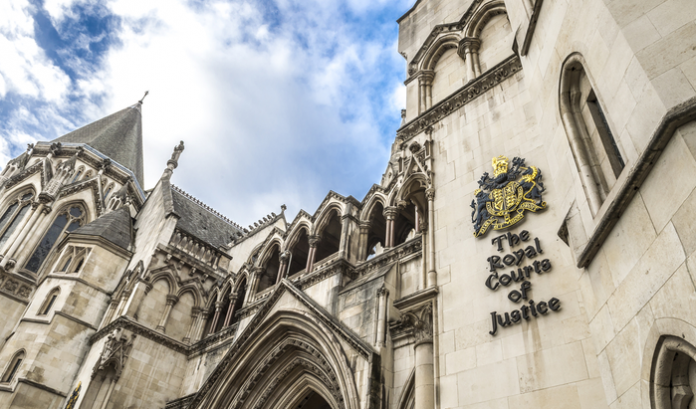Camelot has claimed it could ‘cease to exist’ if the UK Gambling Commission’s decision to name Allwyn as the preferred bidder for the fourth licence is upheld.
As the highly anticipated trial began at the UK High Court, the current incumbent stressed that it ‘will vanish’ should it lose the contract it has held since the National Lottery’s inception back in 1994.
The UKGC named Allwyn as its preferred bidder back in March, sparking a legal challenge from the three rival bidders – Richard Desmond’s The New Lottery Company and Italy’s Sisal joined Camelot in its appeal.
However, responding to Camelot’s claims, the Commission’s counsel asserted that Camelot’s sole purpose was to operate the National Lottery for as long as it held the contract. The Canadian-owned firm was set up as a Special Vehicle Company, it was claimed, back in 1994.
Sarah Hannaford QC told the court: “The licence that it has entered into allows it only to carry out the UK National Lottery and ancillary activities if there is agreement.
“On the balance of convenience, on the one hand, the claimants (Camelot) want you to order that the move to the fourth licence is delayed to suit them. On the other hand that involves huge compromises and risks to both my client and Allwyn.”
The court heard that Camelot wanted to amend or shorten the transition period between the third and fourth licences, originally due to be 23 months from the Commission’s announcement. The court was also told that it was agreed that a minimum of 19 months of transition must take place.
UKGC has always maintained that it ran a ‘fair, open and robust’ process throughout the fourth National Lottery licence competition.
Hannaford detailed that the Commission wants to move forward with its plans for the National Lottery, adding: “‘My clients say that they have carried out a procurement carefully and reached a conclusion.
“They, therefore, want to move on in implementing the licence. They are, in my submission, entitled to place the contract and that is where the balance of convenience should lie.”
Finally, Hannaford addressed Camelot’s role as an SPV and that it is not a guarantee for future contracts, claiming its ‘only legal loss’ was a loss of profit and damages were ‘clearly’ a sufficient remedy to that loss.
“Setting yourself up as an SPV and then saying there is an existential threat simply does not work as a matter of law in my submission,” Hannaford argued.
“Camelot UK took a decision to operate as they did and it was perfectly foreseeable that they might lose a contract.”
It has been stated that Camelot would be expected to sue UKGC for £500m in damages, money which would otherwise be used to support good causes.
However, if the current incumbent chooses to proceed with its action then the third licence would be extended with the process remaining on hold whilst the trial continues.
The court case continues.



























